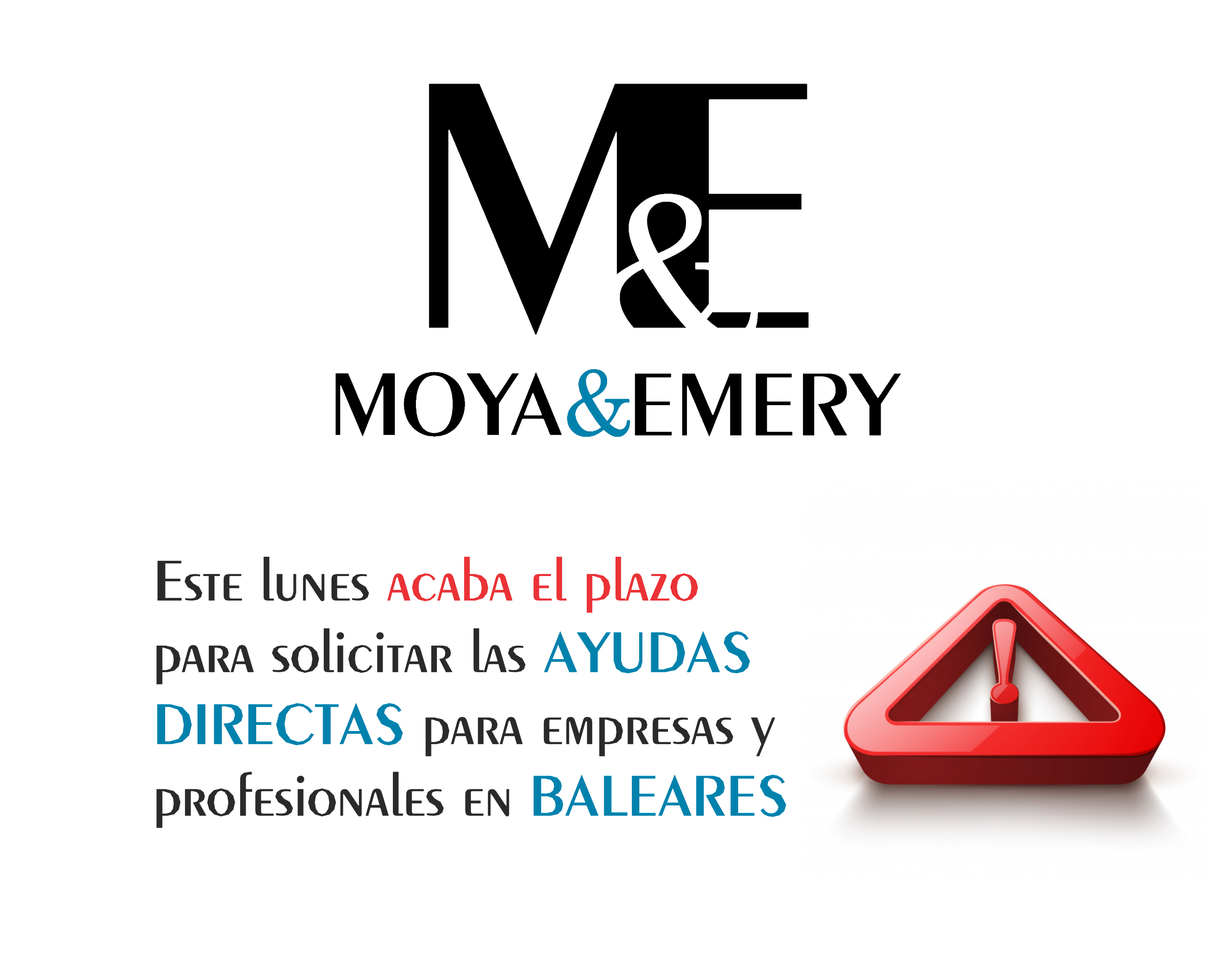Tax Advantages of Investing Through a Holding Company
As an investment planning and tax advisor at Moya & Emery, I frequently work with clients who seek to optimize their investments, reduce their tax burden, and protect their wealth in the long term. One mechanism that has gained relevance in recent years is the Holding Company, an effective tool for both managing assets and planning taxation strategically. In this article, I analyse how a limited holding company can offer significant tax advantages compared to other investment vehicles such as SICAVs or wrappers.
What is a Holding Company?
A holding company is a business whose primary function is to hold shares in other companies or manage assets and investments. Its advantage lies in allowing investors to consolidate their investments into a single entity, facilitating the administration of these investments while offering considerable tax advantages.
Wealth Tax Benefits
The Wealth Tax (in Spain Impuesto sobre el Patrimonio or IP) is one of the main concerns for large estates in Spain. The main advantage of investing through a holding company is that the assets managed by the company are not directly part of the shareholder’s estate, but rather within the company structure. This means that the value of the assets is not immediately included in the shareholder’s Wealth Tax base.
However, if the shareholder has a significant interest in the company (more than 5% or a considerable value), the value of these shares may be subject to Wealth Tax. Here is where exemptions and deductions come into play: if the holding company holds investments in business assets that can be considered an economic activity, partial or full exemptions may apply. In the Balearic Islands, for example, the exempt minimum for Wealth Tax is 3 million euros, which offers significant initial protection to the shareholder’s estate.
Tax Deferral and Optimization in Personal Income Tax (IRPF)
Another key benefit of the holding company is the tax deferral it offers concerning the Personal Income Tax (IRPF in Spain, Impuesto Sobre la Renta de las Personas Físicas). As long as the profits generated by the assets managed by the company are not distributed as dividends, the shareholder will not have to pay personal income tax (IRPF) on them. This allows investments to grow within the company without the fiscal pressure generated by direct personal income.
When profits are distributed, they are taxed as capital income, at a progressive rate that can reach up to 28%. However, current regulations allow certain dividends received from shareholdings in other companies to be 95% exempt, as long as certain requirements are met, such as holding more than 5% of the shares or having a participation value exceeding 20 million euros.
This deferral mechanism offers an undeniable advantage: the ability to accumulate wealth within the company without being taxed immediately, allowing greater reinvestment capacity of profits.
Corporate Tax: A Competitive Rate
Instead of being taxed directly through IRPF on the gains from investments, holding companies are subject to Corporate Tax (in Spain Impuesto sobre Sociedades or IS), with a general rate of 25% in Spain. This can be particularly advantageous in situations where the income generated by the assets is high, as the Corporate Tax rate is competitive compared to IRPF for high-income earners.
Additionally, the holding company can benefit from exemption on dividends or capital gains obtained from the sale of shares in other companies. This is a significant benefit if holdings are used to manage participations in various companies, as it allows for the tax exemption of income that would otherwise be taxed. The key here is to meet the minimum participation and one-year holding period requirements.
Another advantage of Corporate Tax is the ability to offset losses. If some investments within the holding company do not perform as expected, these losses can be offset against future gains, helping to mitigate the tax impact.
60% Limit on IP and IRPF
An additional advantage of structuring investments through a holding company is that undistributed profits are not considered in the calculation of the 60% limit that applies to the sum of Wealth Tax and IRPF. This limit applies when the sum of both taxes exceeds 60% of the taxpayer’s income. Since the company’s profits are not directly attributed to the shareholder, this limit does not come into play until dividends are distributed.
Conclusion
Investing through a limited holding company offers multiple tax advantages, including deferral of taxation, exemption of dividends and capital gains, and optimization of Wealth Tax. For large estates, this type of structure allows for efficient asset management and a considerable reduction in the tax burden, if it is correctly structured.
At Moya & Emery, we advise our clients on how to maximize these advantages and structure their investments optimally. In an increasingly complex tax environment, having an efficient planning strategy is key to protecting long-term wealth
Do you need advice for yourself or for your company or business on tax matters? At Moya&Emery we can help you
If you have been interested in this topic and want to learn more about corporate law and also about taxes and taxation and specifically about VAT or Wealth tax, we invite you to continue browsing our blog and do not forget that at Moya&Emery we have a multidisciplinary team of professionals who can offer you more complete advice on these topics depending on the specific personal circumstances or your company or business. Don’t hesitate and contact Moya&Emery
CONTACT DATA
Call us!
Send an email to info@moyaemery.com or fill out our form and we will contact you.
You can also visit our offices:
C/ Pere Dezcallar i Net, 11 (Palma)
C/ Córdoba, 2 (Son Caliu)


